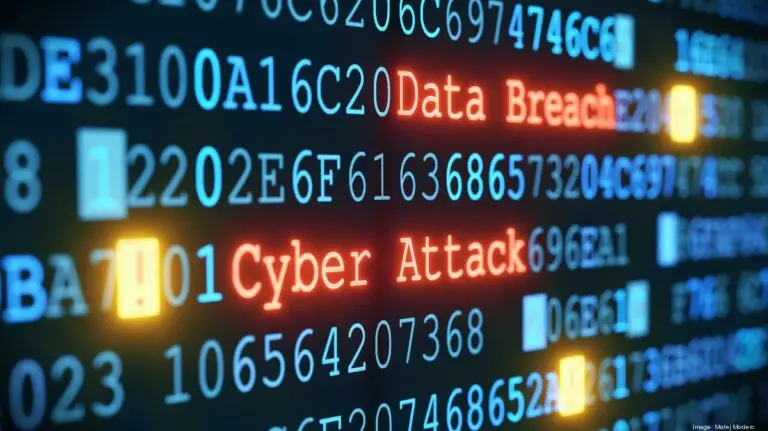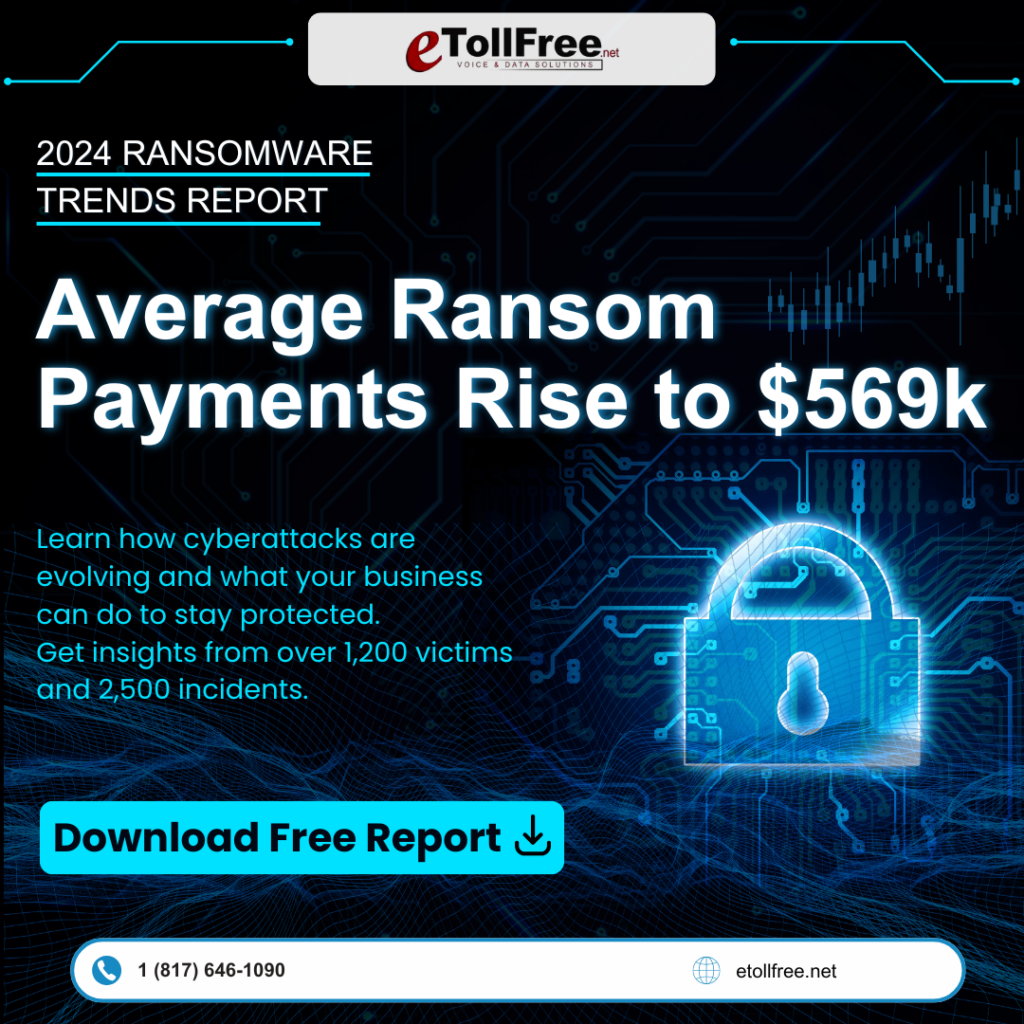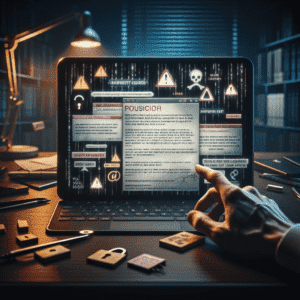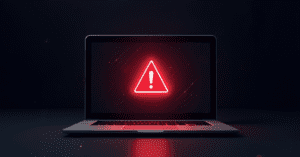Crafting an Effective Incident Management Plan for Small Business Owners
Incidents, both digital and physical, can disrupt business operations, causing financial, operational, and reputational harm. For small business owners, who often have limited resources, having an efficient incident management strategy is essential to minimize potential disruptions. Therefore, this article will guide small business owners in designing an effective incident management plan tailored specifically to their needs.
Understanding Incident Management for Small Businesses
What is Incident Management?
Incident management is a defined process by which businesses identify, assess, and resolve unexpected events (incidents) that can potentially threaten operations. Such incidents can range from cyber attacks and data breaches to natural disasters or operational failures.
Importance for Small Businesses
- Resource Constraints: With limited resources, small businesses cannot afford prolonged downtimes or costly data breaches. Therefore, a robust plan is indispensable.
- Customer Trust: Quickly addressing incidents can help maintain customer trust and reduce reputational damage. Consequently, handling incidents efficiently is vital for long-term client relationships.
- Compliance and Legal Obligations: Ensuring you meet industry regulations and legal standards is crucial to avoid penalties; hence, compliance should not be overlooked.
Steps to Develop an Incident Management Plan
- Identify Potential Incidents
- Analyze your business environment to pinpoint potential risks or incidents that could impact your operations. Common risks include data breaches, system failures, and natural disasters.
- Evaluate Impact
- Assess the potential impact of each incident on your business operations. Consider financial, operational, and reputational factors to prioritize which incidents require immediate attention.
- Establish Response Procedures
- Develop clear, documented procedures for how your business will respond to different types of incidents. Accordingly, these procedures should ensure efficiency.
- Designate roles and responsibilities to relevant team members to ensure quick and effective action.
- Implement Incident Monitoring Tools
- Utilize software and tools that can help you monitor incidents and detect anomalies in real time. Therefore, investing in advanced technology is important.
- Train Your Team
- Conduct regular training sessions for your staff to ensure they are prepared to respond to incidents swiftly and effectively.
- Regularly Review and Update Plans
- As your business and the risk landscape evolve, revisiting and updating your incident management plan is essential to maintain effectiveness.
Enhancing Productivity Amidst Incidents
Remote work arrangements can be beneficial, especially when physical locations become inaccessible. According to Hubstaff data, remote workers often experience deeper focus and fewer interruptions, which can be advantageous during incident recovery phases. Therefore, implementing remote work strategies can be beneficial for maintaining productivity.
Stress Reduction Techniques for Incident Response Teams
Effective incident management requires clear-headed and focused team members. Incorporating stress reduction techniques like meditation can improve team resilience and performance. Moreover, research highlights that meditation significantly reduces psychological stress, enhancing well-being and job performance.
Harnessing Social Media for Incident Communication
Social media can be a powerful tool to communicate with customers during an incident, keeping them informed and engaged. Therefore, it’s crucial to maintain transparent and timely communications to manage expectations and maintain trust.
Conclusion
Crafting a robust incident management plan is vital for small businesses to handle unexpected disruptions effectively. By identifying potential incidents, setting up a response plan, and making use of technology and workforce training, your business can mitigate the impact of incidents and maintain continuity.
Resources
- How Does Social Media Impact Consumer Purchasing Behavior?
- Link: Remote Workers Engage in Deeper Work With Fewer Interruptions, Says Hubstaff Data
- This source provides insights into how remote work environments can enhance focus and reduce interruptions.
- What Scientific Evidence Supports the Claim That Meditation Reduces Stress?
- Link: Meditation for Psychological Stress and Well-being
- This study supports incorporating meditation for stress reduction in incident management strategies.
- What Are the Key Benefits of Remote Work for Productivity?
- Link: Social Media and Purchasing Behavior: A Study of the Mediating Effect of Customer Relationships
- This research outlines the interplay between social media and customer purchasing behavior, highlighting the value of customer relationship management during incidents.
By leveraging these resources and strategies, small business owners can effectively navigate and minimize the impact of incidents on their operations.










